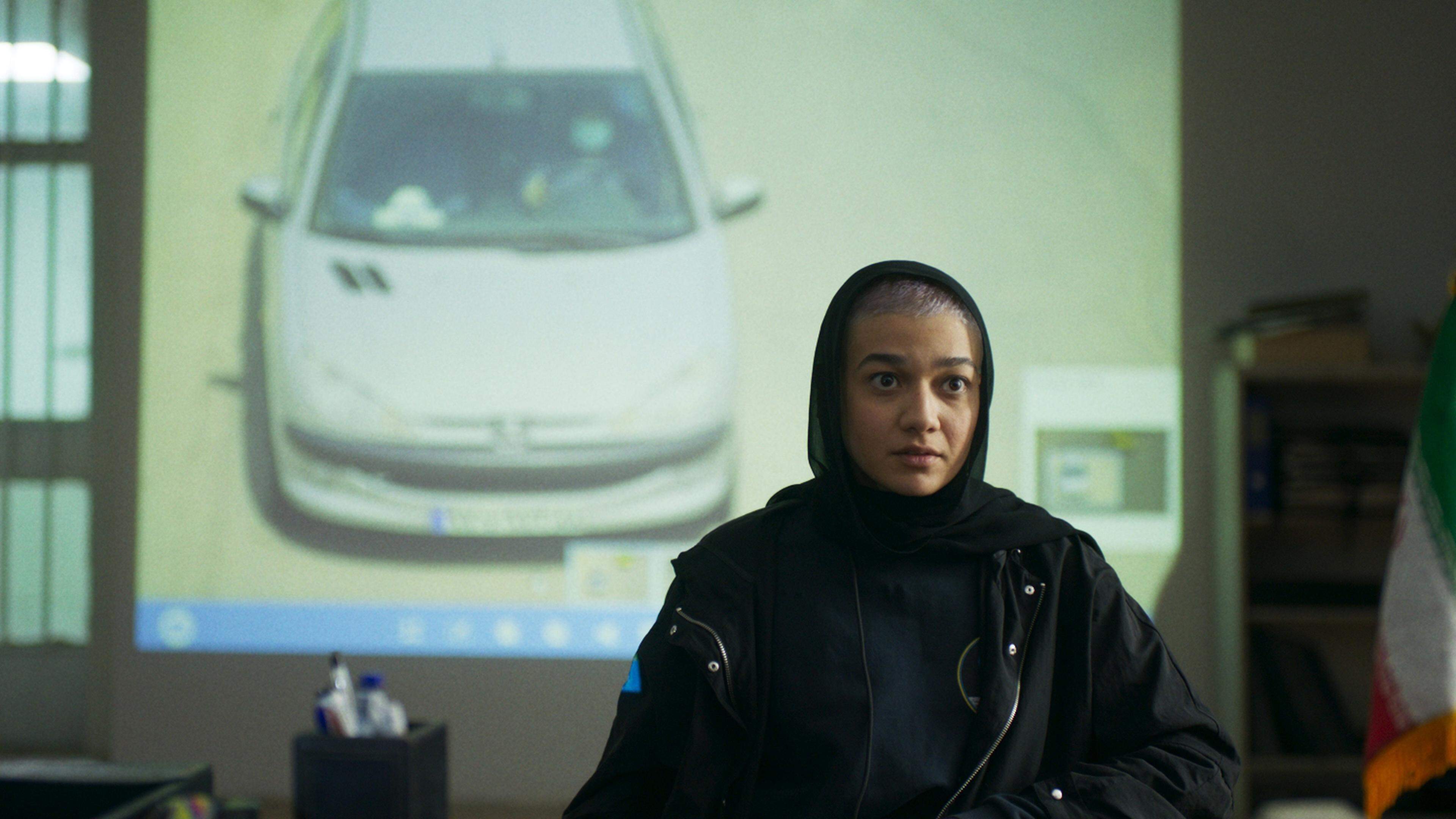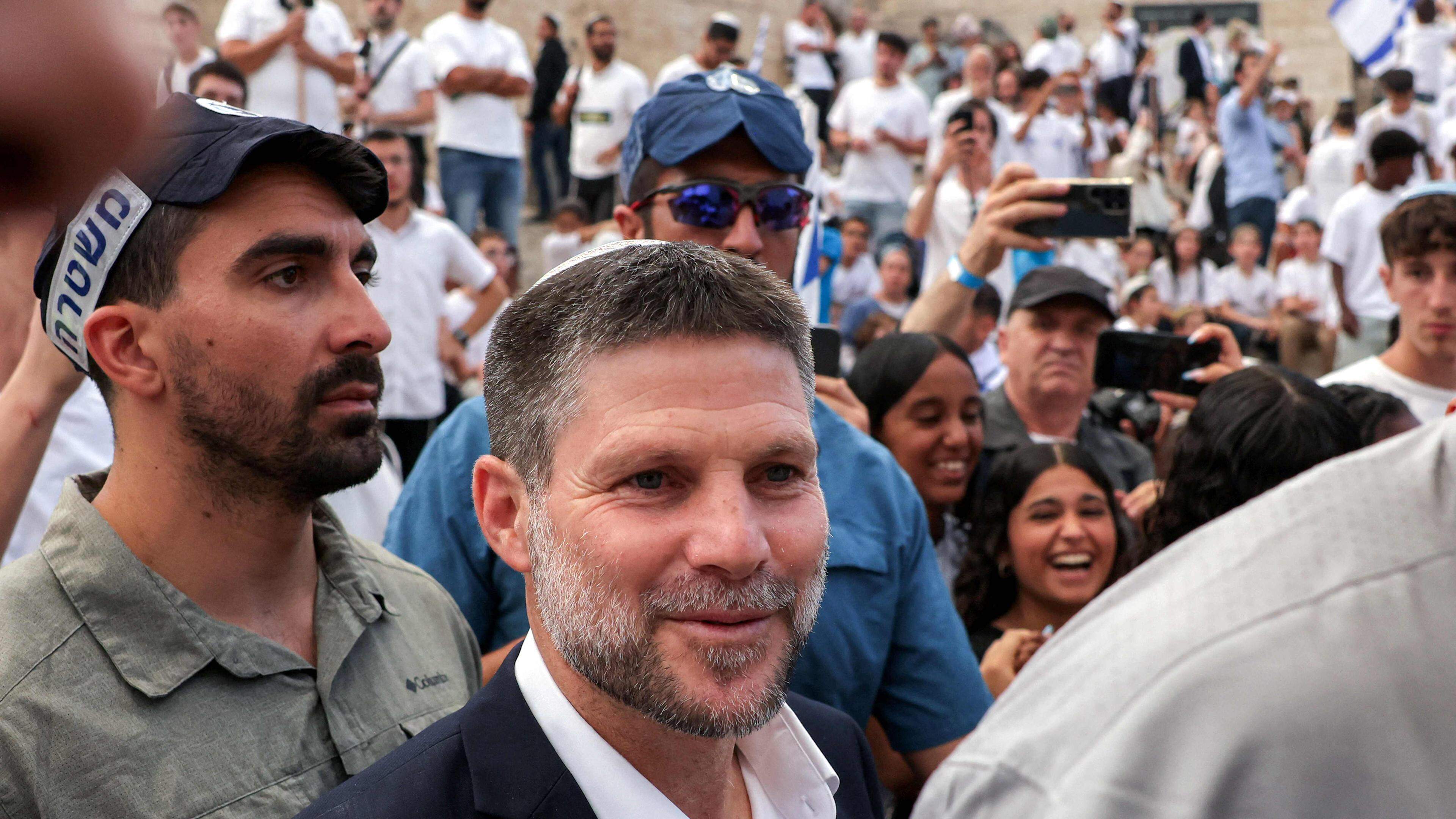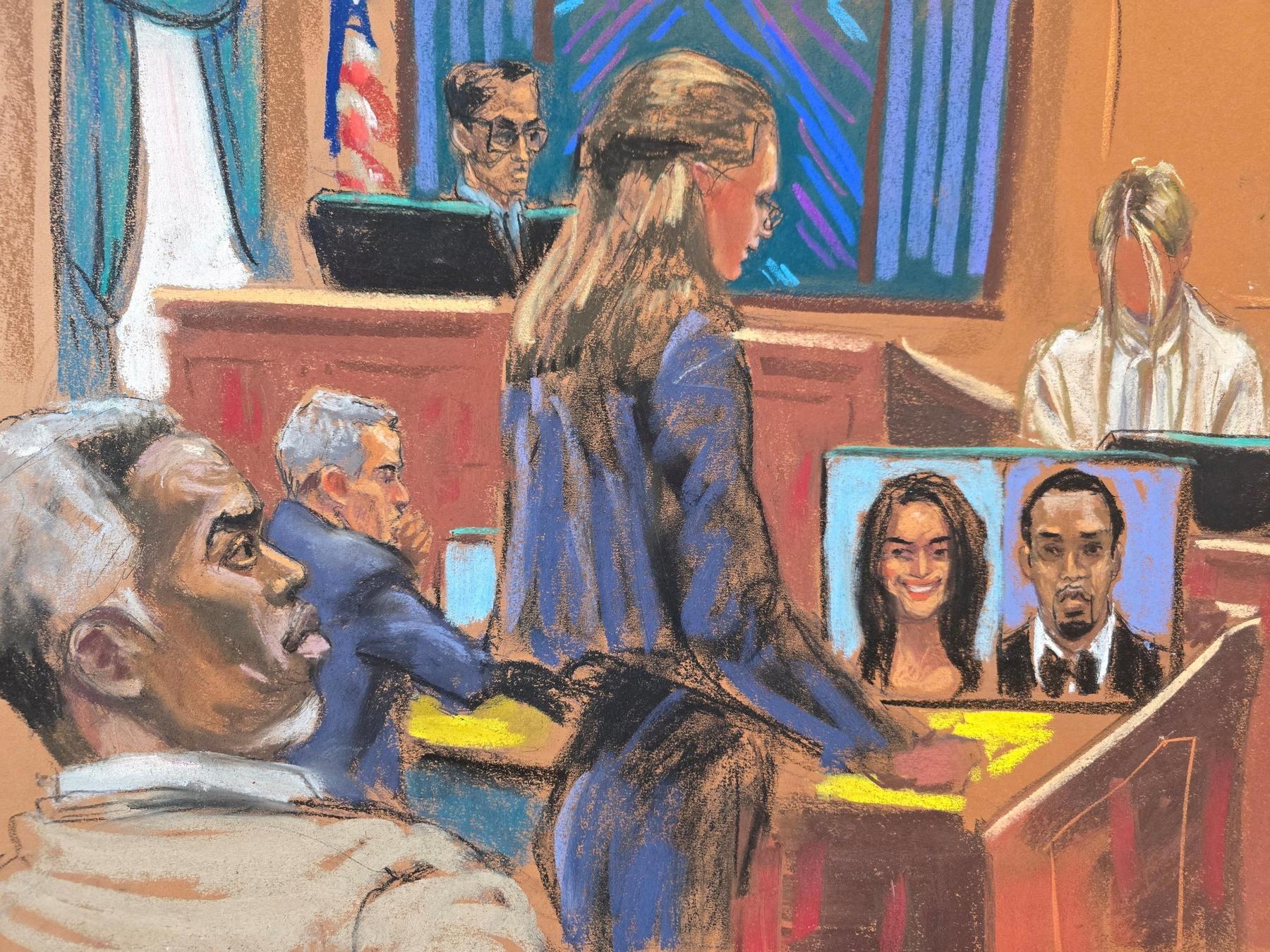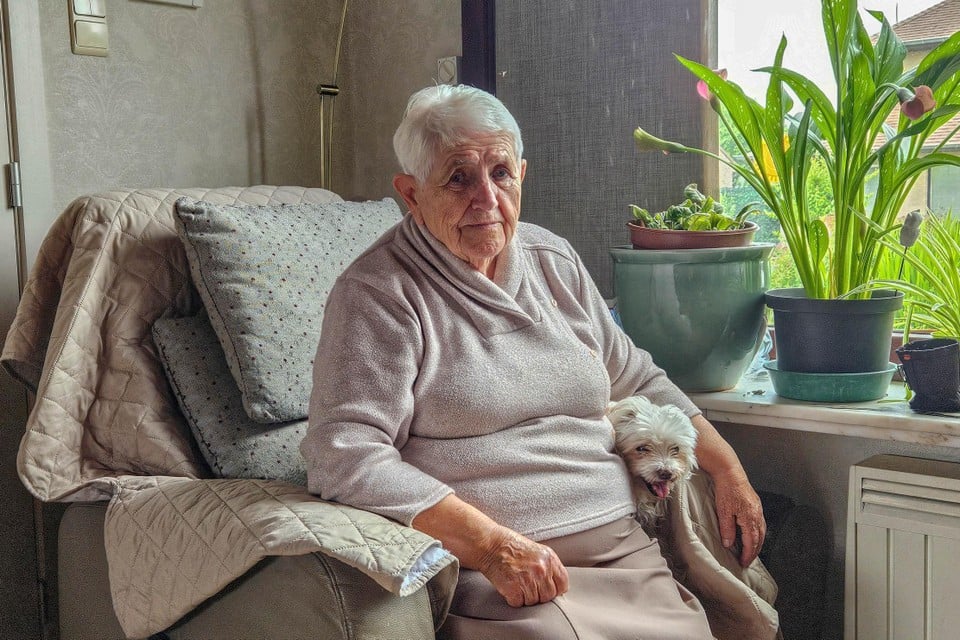Stories with Nachhall: The winning films of the Luxfilm Festival in retrospect

From the booming silent Iranian bureaucracy to the thunder of Venetian speed boats – the winning films of the Luxembourg City Film Festival from 2013 to 2024 reflect global conflicts and intimate fights. The so -called Grand Prix has been awarded since 2013. And the review is worthwhile – especially since despite many awards, many productions have not only found little focus from a wide audience in Luxembourg, which they actually deserve.
Why only from 2013? The festival is older, connoisseurs will say. Right, before that a film festival took place in the capital among other things; In the 2007 Capital of Culture, it only lived up as a « Diractors » (based on actors who also direct), became « Director's Cut » and ultimately the « Discovery Zone » (from 2011). In its tradition, today's Luxembourg City Film Festival or short sees the luxury film festival.
Archive of time criticism
But what does this luxury film festival stand for? What does the profit contributions unite? If you look at the list, the Grand Prix films combine a courageous look at systems: be it religious dogmas (« terrestrial verse »), military bureaucracies (« Foxtrot ») or historical guilt (« Land of Mine »). But beyond political analyzes, they tell primarily of people who preserve their dignity in extreme situations-like the teacher in « Urok », who becomes a bank robber, or the UN translator in « Quo Vadis, Aida? » Who fights against time.
The award -winning works mix in style – the range between hyper -realistic social studies (« Ray & Liz ») and fantastic allegories (« About Endlessness ») is high. What she might unite beyond that is her subversive character. The Iranian Mohammad Rasoulof, who, as President of the International Jury, gives the Grand Prix this year, denounced the regime with « Manuscripts Don't Burn » – the threat of death was threatened. At the same time, the directors such as Rama Burshtein (« Fill the Void ») or Valentina Maurel (« Tengo Sueños Eléctricos ») explore the abysses of family ties with seismographic sensitivity.
These films are not mere stories, but time -critical comments – whether they play in Orthodox communities Tel Aviv, Finnish refugee homes or the Minefeld Denmark at the end of the Second World War.
2024: Ayeh Haye Zamini / Terrestrial Verses
Directed by Ali Asgari, Alireza Khatami
Nine episodic encounters show Iranians who are fighting against state and religious oppression – from a girl who does not get a « permitted » name to a director under censorship pressure. There was praise for the « poetic anger » (« The Guardian ») and the « precise black humor » (« The Hollywood Reporter »)
The arbitrariness of the Ayatollas
2023: Tengo Sueños Eléctricos / I Have Electric Dreams
Directed by Valentina Maurel
The 16-year-old Eva (Daniela Marín Navarro) commutes between the toxic relationship with her father Martín and growing up in Costa Rica. A coming-of-age drama about family disruption and female self-assertion. At the festival, the film won the awards for the best director and the best actress and was Costa Ricas Oscar Enter 2024.
Of electrifying dreams and heroes of the street
2022: Atlantide
Directed: Yuri Ancarani
Documentary-fictional portrait of Venetian teenagers who grass through the lagoon with high-speed boats-a metaphor for decaying dreams in a falling city. The premiere took place at the Film Festival in Venice.
« Atlantide » wins at the film festival
2021: Quo Vadis, Aida?
Directed: Jasmila Žbanić
The UN translator Aida (Jasna đuričić) desperately tried to save her family during the Srebrenica massacre in 1995-a relentless look at the international community failure. This was followed by the Oscar nomination as the best international film and at the European Film Award, production got the price for the best film.
« Quo Vadis, Aida? »: Un Coup de Poing
2020: OM Det Oändliga / About Endslessness
Directed: Roy Andersson
32 Surrealistic miniatures about love, war and human existence – staged in Andersson's typical static, picturesque tableaus. Hitler goes into the pub here or lovers hover over Stockholm's roofs. The film received the silver lion in Venice for the best director.
2019: Ray & Liz
Directed by Richard Billingham
The autobiographical portrait focuses on a British working-class family in the 1980s-and thus alcoholism, neglect and social descent. « A social drama that looks like a horror film » (« The Telegraph »).
Luxfilm Festival: « Ray & Liz » wins the competition
2018: Foxtrot
Directed: Samuel Maoz
This film triggered political debates in Israel. An Israeli couple receives the news of their son's death, who serves as a soldier. But the truth turns out later: death was cynical military failure. There was also the great price of the jury in Venice.
« Foxtrot » wins Grand Prix at the Luxfilmfest
2017: Toivon Tuolla Puolen / The Other Side of Hope
Directed: Aki Kaurismäki
A Syrian refugee and a Finnish shirt seller allies against racism – typically Kaurismäki's dry humor. In Berlin, too, the silver bear in Berlin also home to the best director.
Grand Prix goes to « The Other Side of Hope »
2016: Under Sandet / Land of Mine
Directed by Martin Zandvliet
Young German prisoners of war had to be defused on a beach in 1945 under Danish supervision – a moral dilemma. Oscar nomination as the best foreign language film.
« Land of Mine » clears three prizes
2015: Urok / The Lesson
Directed by Kristina Grozeva, Petar Valchanov
A Bulgarian teacher becomes a bank robber to pay debts – a social drama about poverty, system failure and corruption.
2014: DAST-Neveshthaa Nemisoosand / Manuscripts Don't Burn
Directed by Mohammad Rasoulof
Two Iranian intelligence officers are supposed to cover up the murder of 21 writers – based on real events and illegally rotated because the team received death threats.
Discovery Zone: The winners have been determined
2013: Lemale et Ha'halal / Fill the Void
Directed by Rama Burshtein
Israel: In an ultra-orthodox community, an 18-year-old is supposed to marry the widower of her late sister-a conflict between tradition and self-determination. For the actress Hadas Yaron there was the Marcello Mastroianni Prize in Venice








